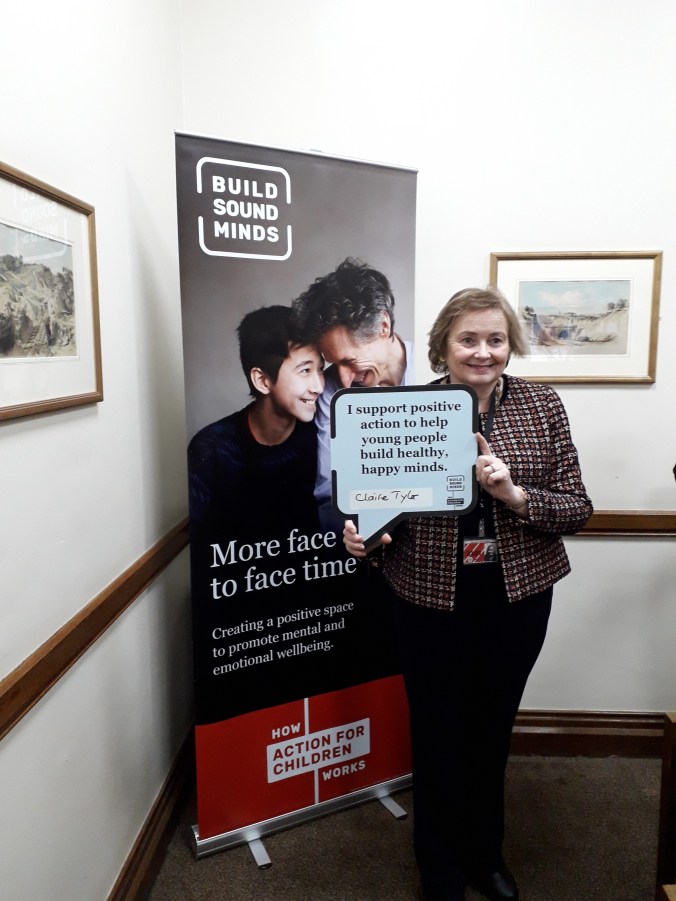On Tuesday, I made a speech in the Lords lamenting the lack of progress in achieving parity of esteem between mental and physical health. I called on the Government to address the underfunding of mental health services and the underlying cultural issues that lie at the heart of the problem.
I asked the Government why in the Autumn Statement there was funding for the expansion of grammar schools but not a penny for the NHS. I await their reply with interest.
You can find my speech in full here.
The fundamental question for us is why it has been so difficult to achieve real and sustained progress. I did a quick survey of the scene, and many aspects I did not find very reassuring. As Michael Marmot so powerfully reminded us in his recent book The Health Gap: The Challenge of an Unequal World, people with mental ill health have a life expectancy between 10 and 20 years shorter than people with no mental illness. I am sure we all find that shocking.
Only a quarter of those with mental illness such as depression are receiving treatment, a figure that contrasts with 78% of those with heart disease and 91% of those with high blood pressure. A recent CQC report noted that, when facing a crisis, a shocking 32% of people do not know who to contact out of hours. Indeed, 24% of those who did know said they did not receive the care they needed.
As we have already heard, last year, across the board, 40% of NHS mental health providers had their funding reduced, despite NHS England instructing commissioners to increase it. This raises serious questions as to whether funding is reaching the areas where it is most needed, and it highlights the damaging impact of the Government’s refusal to ring-fence mental health funding. I know Jeremy Hunt said that he does not have the power to do that, but frankly, Governments, if they are so minded, can do something about it if they do not have the powers.
It is the same story with the £1 billion announced last year for mental health, much of which does not come on stream until the end of this Parliament. One could be forgiven for assuming that in last week’s Autumn Statement, the Chancellor would have offered a lifeline to mental health services, as well as other areas of health and social care. Instead, the Government found £240 million for the expansion of grammar schools, but not a penny for the NHS.
